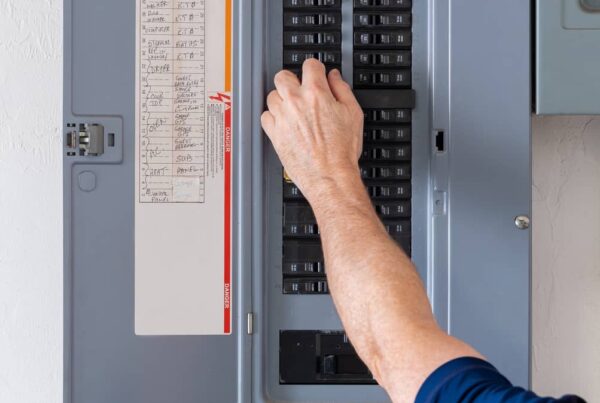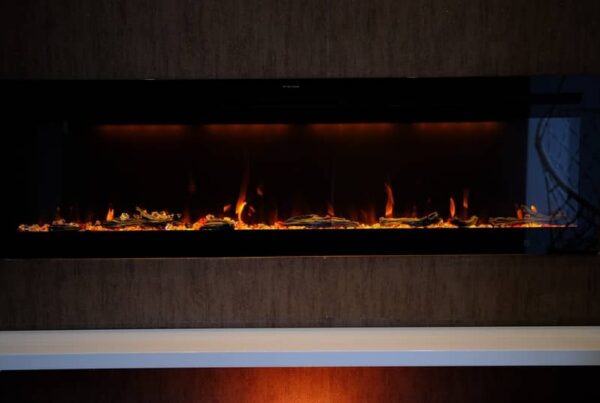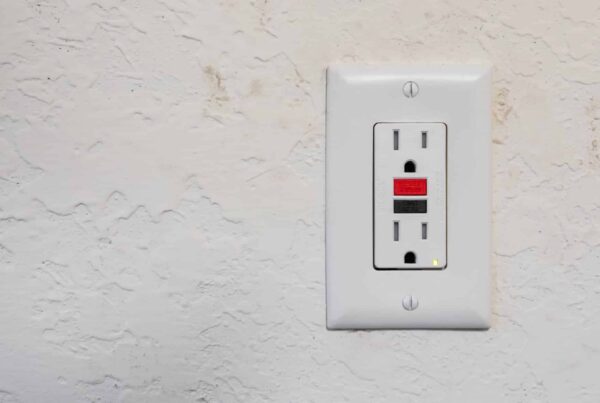
As a third series to our issues with electrical panels, we are going to follow up with Challenger panels. Challenger panels practically have the same fire hazards as the Federal Pacific and Sylvania panel, but this panel is newer. Furthermore, some Florida insurance companies do accept challenger panels!
An Introduction to Challenger
The manufacturer of Challenger actually bought out Federal Pacific after the electrical issues came to light. Moreover, Challenger then got bought out by Eaton (Cutler Hammer). However, when Eaton made the purchase on Challenger, Eaton did not have FPE (Federal Pacific Electric) join in on that deal.
It all can be confusing, I get that. But personally, it is important to think about where electrical companies come from because you never know what could happen to your panel in the future. A company with a bad history, might have a bad future.

The Issues with Challenger Outlined
To break it down, the circuit breakers have been known to overheat/cause scalding on the bus bars. You can see this in action from the picture below.
Scalding and overheating on an electrical panel is a fire waiting to happen. Due to this, some insurance companies are now requiring challenger panels to be replaced.

Direct Causes of Overheating & Challenger Recalls
This section is part of an update on July 6th, 2020.
There have been many questions as to what is the particular cause of the overheating in challenger panels. To be honest, the inspection community is not 100% certain as to what is the direct cause rather than just knowing that the overheating happens more often than other electrical brands. Moreover, that Florida insurance companies sometimes will not insure challenger electrical panels for this very reason.
Also, I wanted to point out this recall on Challenger GFCI breakers from the United States Consumer Safety Commission.
While this article states a GFCI breaker has been recalled, it is only due to mechanical failure of the GFCI functionality, but not the functionality of the breaker itself. Therefore, electrical flow should continue as normal, but GFCI protection could fail.
Please read the article further to understand if your breakers fall under the recall.
So is having a challenger panel an issue? Well, it depends. Is your insurance company okay with insuring it? If they are, understand that any electrical panel could fail and cause a fire. But it seems that challenger panels are more likely to overheat/fail. Is this something you are okay with as a homeowner?
For me, personally, I would hire a licensed electrician to inspect the panel in search for underlying conditions that could cause overheating/arcing/failure. Things like:
- Loose breakers
- Overheating
- Loose wiring
- Improper Wiring
- Improper Breaker Sizes
- Mismatch Brands
- The list goes on…
Then, I would go off of the licensed professionals opinion on my particular circumstance.
Identification & Imagery & Videos
To identify if you have a Challenger panel, open your panel cover. The black circuit breakers are labeled with Challenger. You can also look at the design/font of the number on the break to see if it matches this image.

Challenger Panel Arcing Video
Thank you to Honor Services for supplying the video!
Next Steps
If your inspector or electrician finds a challenger panel, it is important to speak with your insurance company to get ahead of any issues. A home inspector will typically have to report the panel type during a four-point inspection (when a home is 30 years of age, in most cases). The last thing you need is for your insurance company to require you to replace the panel at a bad time.
Typical replacement of an electrical panel is about $1,500. If you can still have insurance with a Challenger panel, check to see if you can lower your premium by replacing it.
Concluding
If you have questions, comment below!
Want to read more? Here is a great resource on Challenger Panels.



